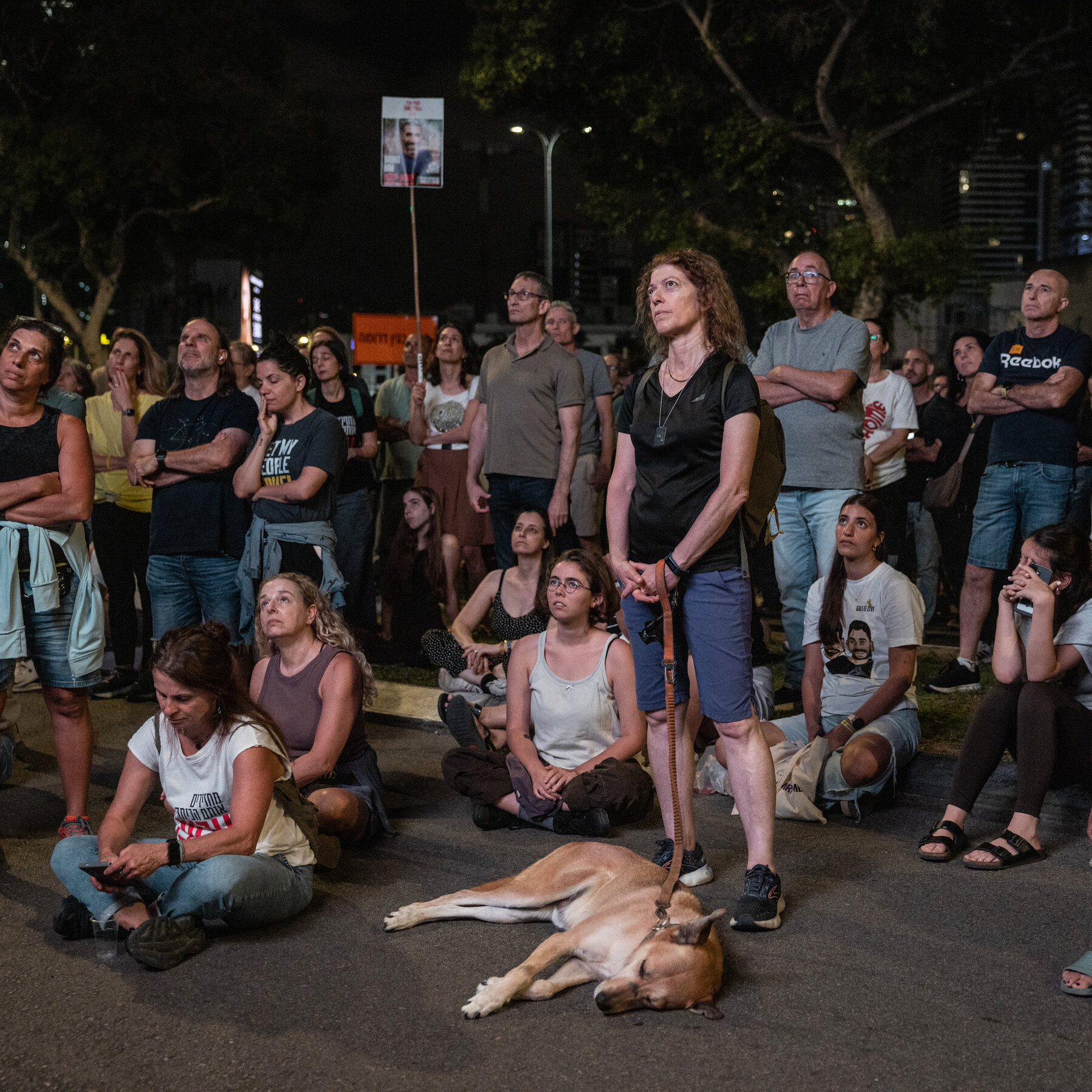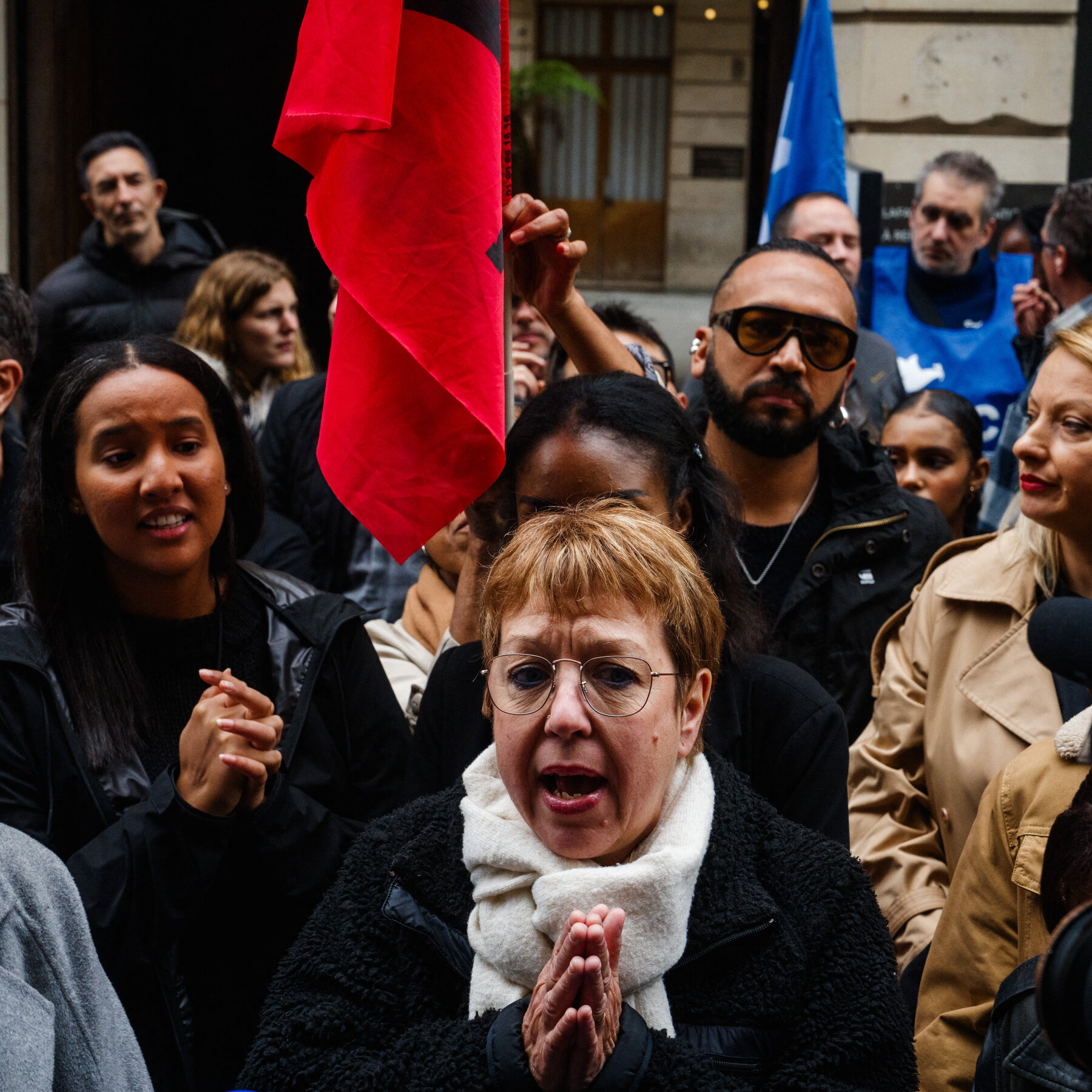Justice Remains Elusive for Victims of Sexual Assault on Cruise Ships
Rising Demand, Rising Risks
As the cruise industry sails into an era of record‑breaking passenger numbers, reports of sexual assault aboard these floating resorts have surged in parallel. Travelers who once felt the safety of land‑based laws apply at sea are now discovering that the legal landscape on a cruise ship can be murky and fragmented.
Why Land‑Based Rights Don’t Always Transfer
When an assault occurs on a vessel, several factors determine which jurisdiction—if any—will take charge: the ship’s flag state, the ports of call, and the nationality of the victim and alleged perpetrator. These overlapping authorities often create loopholes that leave victims without clear recourse.
“I thought I was protected by the laws of my home country,” says one survivor who chose to remain anonymous. “Instead, I was bounced between legal systems that each claimed the case belonged elsewhere.”
The Flag State Dilemma
Most cruise ships are registered under “flags of convenience,” such as the Bahamas, Panama, or Liberia, because these jurisdictions impose fewer regulations on crew conduct and passenger safety. Consequently, the primary legal authority often rests with a country whose courts may be distant, under‑resourced, or disinclined to prioritize sexual‑assault cases.
Port State Limitations
When a ship docks, the local port authority can intervene only if the alleged crime falls within its jurisdiction. In many cases, authorities deem the incident to have occurred on the high seas, thereby deferring responsibility back to the flag state. This “pass‑the‑buck” approach leaves victims stranded in legal limbo.
Challenges in Reporting and Evidence
Victims frequently encounter obstacles when trying to file complaints:
- Delayed reporting: Fear of retaliation or disbelief can cause survivors to wait days or weeks before coming forward.
- Lost evidence: Cruise ships regularly clean and refurbish cabins, potentially erasing crucial forensic material.
- Limited onboard support: Many vessels lack trained personnel to handle sexual‑assault disclosures sensitively.
What Can Be Done?
Advocates call for a multi‑pronged approach to protect passengers:
- International standards: Adopt a unified set of protocols, similar to the Maritime Labour Convention, specifically addressing sexual‑assault prevention and response.
- Transparent reporting mechanisms: Require cruise lines to provide clear, multilingual channels for victims to report incidents safely.
- Independent investigations: Mandate third‑party oversight bodies to investigate allegations, reducing conflicts of interest.
- Enhanced crew training: Implement mandatory, regular training on consent, bystander intervention, and victim support.
Moving Forward
Until these reforms become standard practice, survivors of cruise‑ship assaults may continue to face a fragmented legal system that fails to deliver justice. As the industry expands, the onus lies with regulators, cruise operators, and international bodies to ensure that the promise of a carefree vacation does not come at the cost of personal safety.





